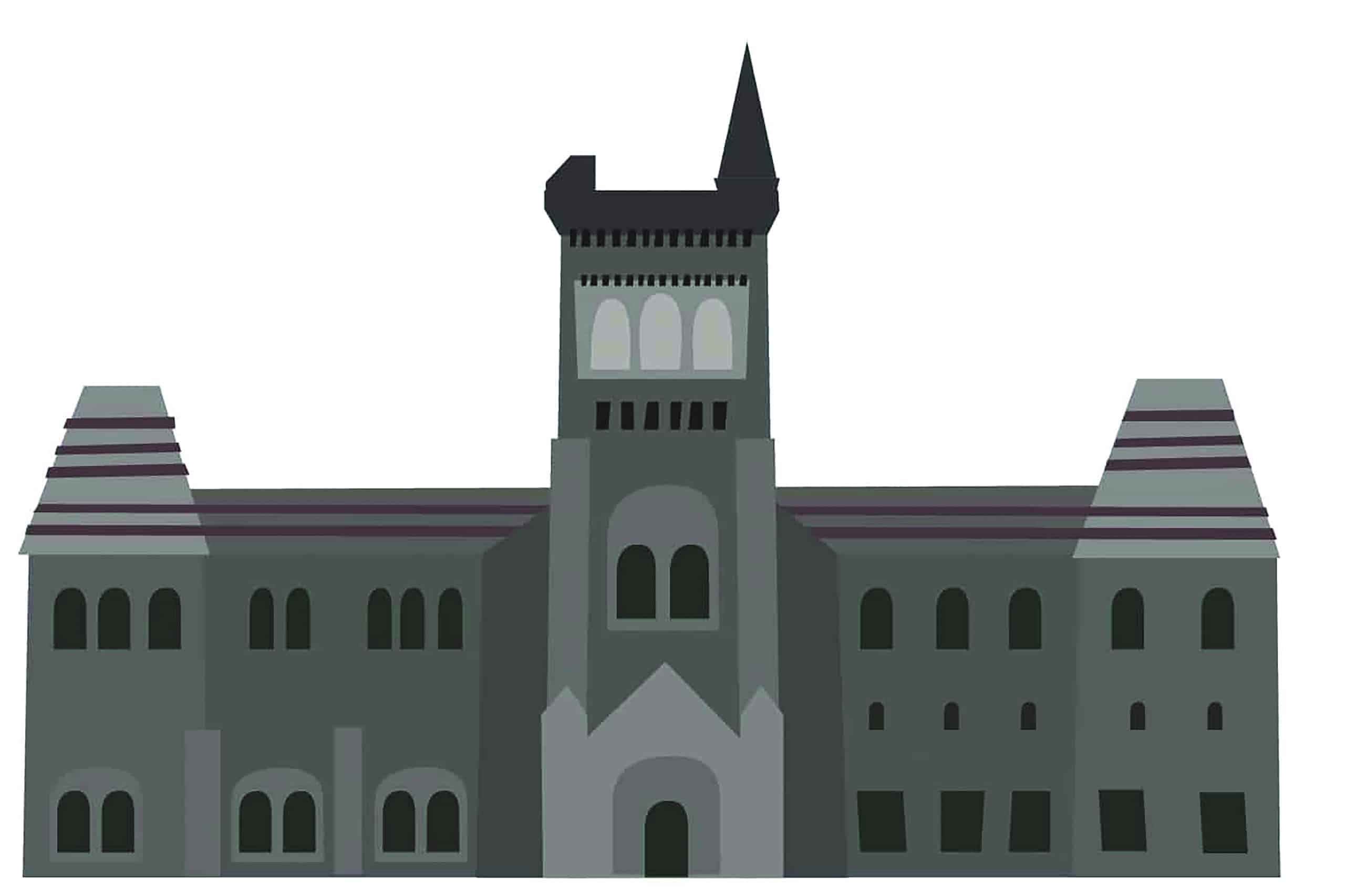The University College Literary and Athletic Society (UC Lit) recently held its first forum on the college’s 2021 Truth and Reconciliation report released earlier this month. Students, staff, and faculty attended the meeting to discuss various issues surrounding the college’s ability to meet the expectations set in 2019.
The 2021 report gives a number of recommendations, including the creation of six new scholarships for Indigenous students and the revision of two historical plaques in front of the main UC building.
The forum began with a reading of the report, and then separated members into breakout rooms so participants could have an opportunity to think about what they wanted to get out of the forum. In the general discussion, participants expressed frustration at a lack of change. They also talked about the increase in student engagement and ways that the university can move forward in its progress on Truth and Reconciliation.
Lack of change
Teagan de Laronde, the president of the Indigenous Studies Students’ Union (ISSU) and the event moderator, began the discussion by saying that she was frustrated with the lack of progress by the Truth and Reconciliation committee over the past two years.
While de Laronde acknowledged that the pandemic was a factor in slowing the implementation of changes, she made it clear that there did not seem to be a strong push to create those changes either.
Other attendees, such as Subhi Jha, UC Lit’s equity deputy, found that the college’s progress was difficult to track without a section comparing the 2019 and 2021 reports.
After this discussion, the forum shifted to talk about the barriers to progress that existed in the journey toward reconciliation. Some attendees pointed out that the university seems to spend a lot of time talking about change without enacting it.
Students also talked about bureaucratic complications that have stalled progress. A lack of funding was a running topic. de Laronde claimed that, while the original 2019 report expresses an interest in collaborating with Indigenous groups on campus, these organizations are often underfunded.
de Laronde said that this brings up the question of whether the college has a responsibility to financially support these organizations so that Indigenous students have a space to go on campus — something they currently do not have, as a result of renovations at First Nations House. The use of physical spaces on campus was discussed at length, and many people talked about wanting spaces to acknowledge and encourage students to recognize Indigenous history. Students suggested having additional plaques outside the UC building with land acknowledgements, though some attendees noted that creating such plaques was unfeasible because of all the red tape that stands in the way.
Moving forward
The forum closed with a discussion about the future of reconciliation at the college.
In an email to The Varsity, Lucy Stark, UC Lit’s equity commissioner, wrote that UC Lit is “hoping that in working with ISSU we can push forward the creation of Indigenous language signs and put up QR codes around campus that teach people about the history and namesakes of the buildings and land they are benefiting from.”
de Laronde added that she will be looking for opportunities to collaborate with other universities and compare initiatives to stimulate change on campus, a move that was also suggested at the forum.


